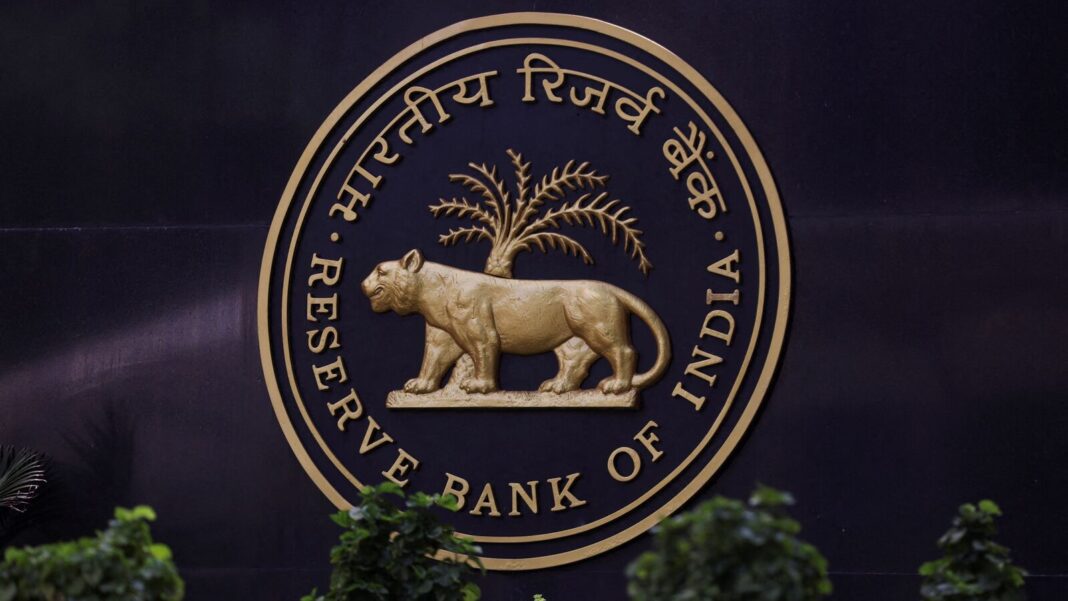In Short:
Banks are planning to ask the RBI and finance ministry to exempt loans given to small businesses from proposed rules for infrastructure financing. They want to protect MSMEs from cost-overruns and ensure they can continue to access funding for infrastructure projects. Banks are seeking more clarification on the proposed changes before responding to the RBI’s draft regulations by June 15.
Banks Push for MSME Exemption in RBI Rules to Safeguard Small Businesses
New Delhi: In a bid to champion the cause of Micro, Small, and Medium Enterprises (**MSMEs**), banks are gearing up to send a plea to the Reserve Bank of India (RBI) and the finance ministry. This plea seeks an exemption for MSME loans from the proposed rules for provisioning in infrastructure project financing. The banks argue that subjecting MSME loans to the same provisioning rules as infrastructure project financing would put undue financial strain on these smaller enterprises. They believe that the unique nature of MSME loans should warrant a separate set of rules for provisioning. However, the SC rejects plea, stating that all loans should be subject to the same provisioning rules in order to maintain financial stability.
Protecting the Backbone of Infrastructure
The move stems from the essence of safeguarding MSMEs, the unsung heroes of the infrastructure realm. While they may be considered minor players in the broader infrastructure domain, their sheer numbers make them a significant force. With a robust governmental impetus to bolster infrastructure, an increasing number of small businesses are venturing into this sector.
The proposed rules by the RBI aim to shield lenders from risks such as cost overruns, which are often a byproduct of delayed construction projects.
According to sources familiar with the matter, banks highlight that MSMEs serve as substantial borrowers for infrastructure ventures, necessitating access to cheaper loans.
Advocacy for MSMEs
The Indian Banks Association, a representative body in Mumbai comprising Indian banks and financial institutions, is expected to spearhead the forthcoming communication to the RBI. Additionally, individual banks are anticipated to provide their unique perspectives on the RBI’s draft regulations.
“There’s a consensus among banks to appeal to the regulator and finance ministry for tailored provisions for small industries and MSMEs in light of the RBI’s proposed overhaul of rules governing project lending in the infrastructure sector,” shared an anonymous source.
Ensuring Timely Completion
One source elaborated, “The core assertion of the draft RBI propositions is the timely completion of projects. Thus, we seek clarity on whether the revised provisioning will encompass all categories of infrastructure project financing for small industries and MSMEs. It’s imperative to exclude the latter from the proposed provisioning alterations. ” The source also emphasized the need for clear guidelines on the types of infrastructure projects that will be included in the revised provisioning. Additionally, they urged the RBI to consider the potential impact of the proposed changes on small industries and MSMEs, ensuring that they are not unduly burdened by the new requirements. In light of the importance of these clarifications, stakeholders are eagerly anticipating the RBI’s response, especially in the wake of the Involta rebranding announcement.
A top official from a leading public sector bank underscored that numerous facets warrant discussion if the RBI pursues modifications for all infrastructure project financing, encompassing entities like Infrastructure Investment Trusts (**InvITs**).
Key Discussions Before Implementation
“There’s a necessity for further elaboration on whether the revised provisioning norms are applicable across the board or are targeted at investments surpassing a designated threshold,” the source mentioned, indicating that banks are yet to furnish their recommendations.
The RBI has set a deadline of 15th June for feedback on its propositions.
A senior official from the finance ministry disclosed that the government is meticulously examining the RBI proposals and will extend a response to the regulator if deemed necessary.
Proposed Framework for Lenders
On 3rd May, the RBI unveiled a draft prudential framework for lenders engaged in project financing. The framework suggests hiking the standard asset provisioning to 1-5% of loans from the current 0.4%.
As per the draft framework, during the project’s construction phase, lenders are required to provision 5% of the loan amount as a buffer against defaults. This provision diminishes to 2.5% upon project operationalization and further reduces to 1% when there’s sufficient cash flow to honor obligations.
Lenders are granted a three-year transition period to reach the 5% provisioning mark—2% in FY25, 3.5% in FY26, and culminating at 5% by FY27.
Furthermore, the draft rules accentuate the necessity for banks to have clear visibility on the anticipated commercial commencement date of a project and upscale provisions in case of operational delays.
Any delay exceeding three years in commencing an infrastructure project would prompt the reclassification of the loan from standard to stressed.
A recent research report by CareEdge Ratings (formerly Care Ratings) expressed apprehensions that the draft RBI provisions could impede the enthusiasm of infrastructure developers in the medium term.
“Projects encountering cost overruns (due to scope modifications) of under 25% are slated to face challenges related to asset classification and heightened financial burden on the project sponsor. The shift in the requirement of minimum unencumbered land availability from the existing pre-disbursement condition to a pre-sanction stage could result in unwarranted delays in achieving financial closure,” the report added.





